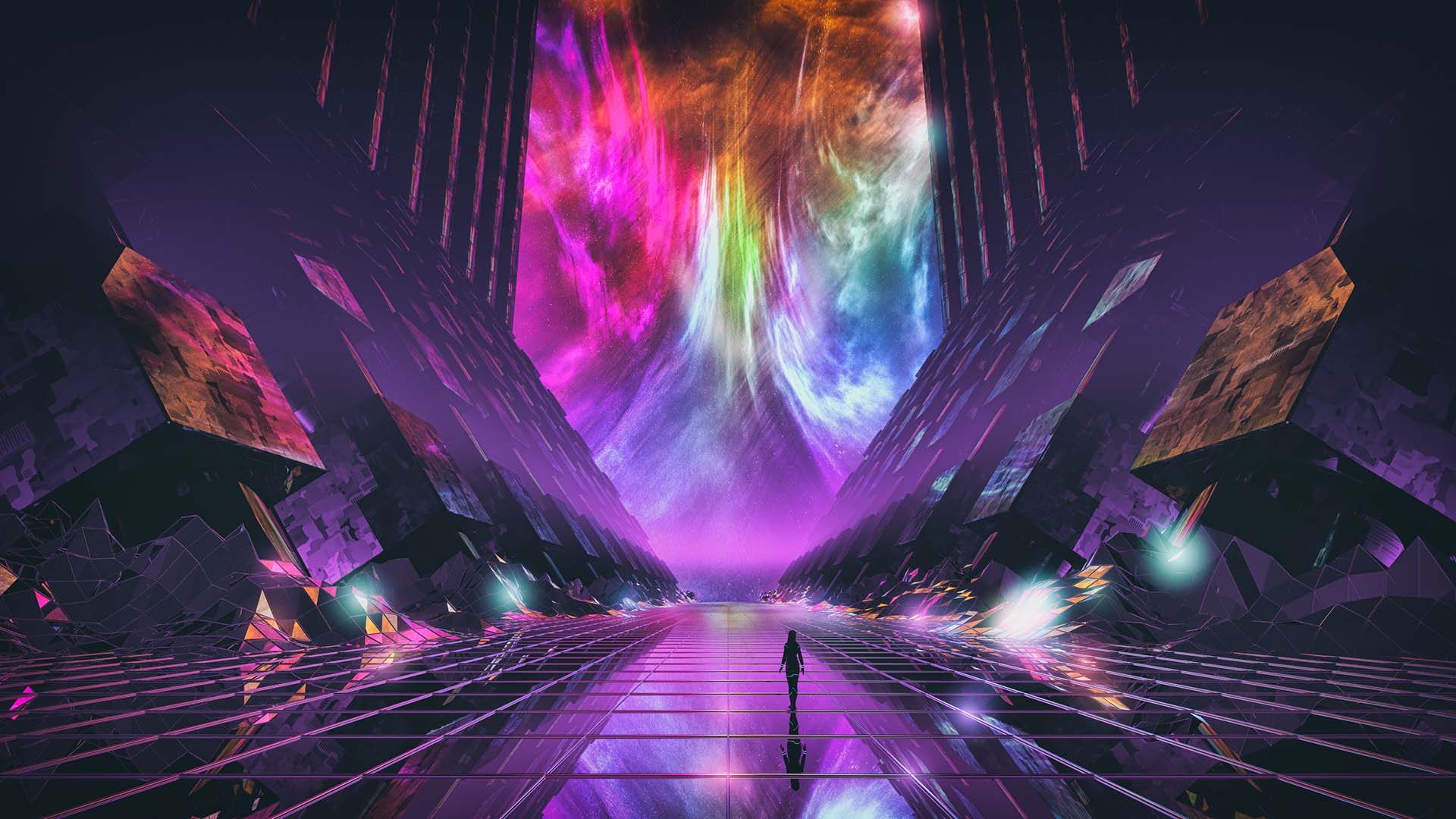
Replay: What does it mean when we're "immersed" in something? Probably not what you think.
Do you remember the very first video games? The ones that came out before Space Invaders and Pacman? They were objectively terrible. It didn't help that the packaging implied GTA 5-level detail instead of the barebones experience that booting up the game revealed on the screen.
A square ball, rectangular bats with only one degree of movement, and a single audio bleep for every type of interaction added up to an experience that was about as far from immersive as it's possible to express in mere words.
But for me, an excited 11-year-old, the experience was immersive and magical. Admittedly the bar was set very low. This was when computers weren't things you'd find at home. I wouldn't be surprised if some genius had said the game was "intelligent".
But this is only one possible definition of "immersive". Several decades later, marketing has conditioned us to expect more, and, somehow, "immersive" has come to mean "indistinguishable from reality".
I think this is a qualitative and logical error, and I have good reasons because some of the most immersive experiences are notable for their total lack of detail.
Driving in fog
Very few things are more immersive than driving across Ilkley Moor (in West Yorkshire, UK) at night, in the fog. There's almost no detail at all. Just the white lines at the road's edge, some boulders, and more than a few sheep, to whom the road must seem like an inexplicable rift in their reality, but for some reason also a compelling place to stand.
The road winds precipitously into Ilkley town, four hundred metres below, and, trust me, it's an immersive experience. Not unlike some of the theme park rides that take you through a dimly and ambiguously lit "tunnel of horrors". They take out the detail so that you notice focus on the weird stuff.
So there seems to be a disconnect between our modern idea of immersiveness and genuinely immersive experiences that are part of our everyday lives.
I think it's because "immersive" is now linked to the concept of "simulation", in that modern games strive for realism. Nobody thinks computer games represent or replace reality, but the experience and level of engagement are deep enough to immerse us in them.
There's nothing new in the idea of being immersed in a performance. We do it every time we go to the cinema. I'm sure the big screen helps, but you can even get immersed in watching video on your phone. It's not simply a question of realism. It's about storytelling and the quality of the production.
Immersiveness is more about suspending your current reality and taking part in the one on the screen. You can even get immersed in a comedian's joke. Radio can be as immersive as cinema.
So when companies like META posit the metaverse as the ultimate in immersive experiences, that depends on many things. I suspect that the most metaverse experiences won't be, and won't need to be, immersive at all because they're more about data than photorealistic real-time rendering. Perhaps we should call it the dataverse or the objectverse. Autonomous cars will navigate with data from other vehicles, digital maps and data "beacons". Retail shops will exchange your data (measurements, preferences etc.) for custom-made goods.
Most of the metaverse will be invisible and will be infrastructure.
Nevertheless, detail will be essential. Filmmakers are already embracing metaverse-type technology to save money and ultimately deliver visual experiences that were impossible before. NFTs give enduring value to virtual objects in virtual worlds. The recent Matrix 4 game trailer, which used procedural techniques to create a complex and potentially infinite world, gave us a glimpse of the future.
Technology is developing at a furious pace in multiple fields, and these areas of speciality are cross-fertilising. We're at a point where progress is so fast that it is surprising even to experts. So we literally see developments today that we assumed would be years away. That's why the metaverse - the successor to the internet and the ultimate mode of display and interaction - will be available to use sooner than we think it will be.
I started writing about the metaverse in February 2021; quite a few months before the concept exploded in a barrage of (mostly ill-informed) press and social media coverage as Facebook became META and Nvidia became one of the most influential companies in the world. In that short time, not only has the metaverse become part of our everyday vocabulary, but the technology has moved on too, at an almost astonishing pace.
But, ultimately, it is we who will generate the metaverse. Our imagination and the "reality engine" in our heads - the same one that makes an immersive experience while driving in the fog at night - is what will make the unreal, virtual world seem real. And as we become used to our new virtual habitat, we can take comfort in the thought that we evolved to be able to do this.
Tags: Technology Futurism The Metaverse


Comments